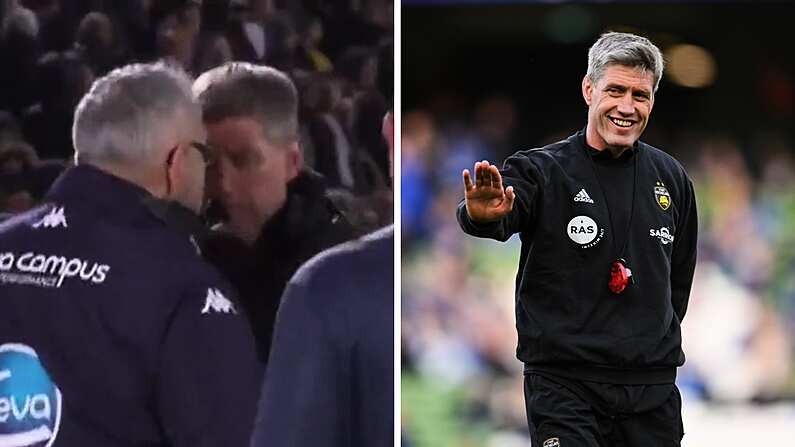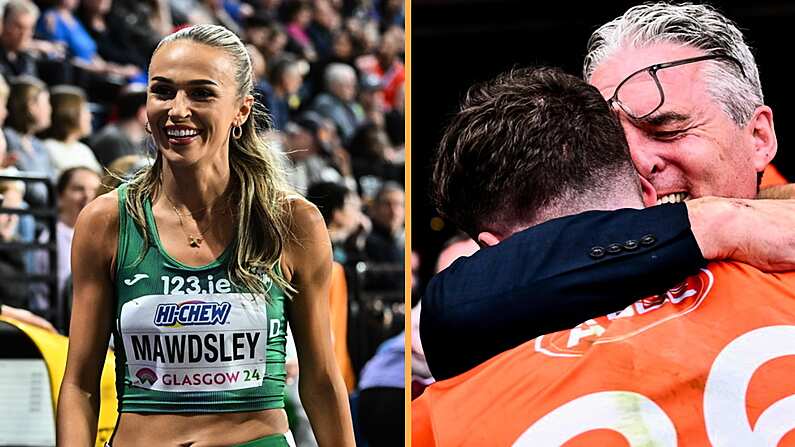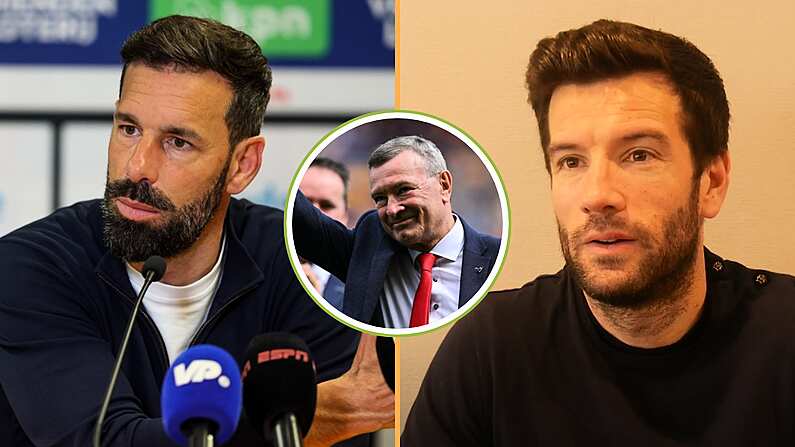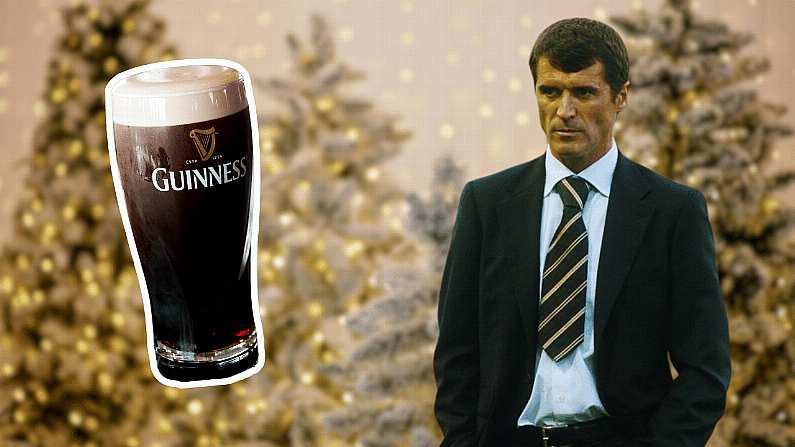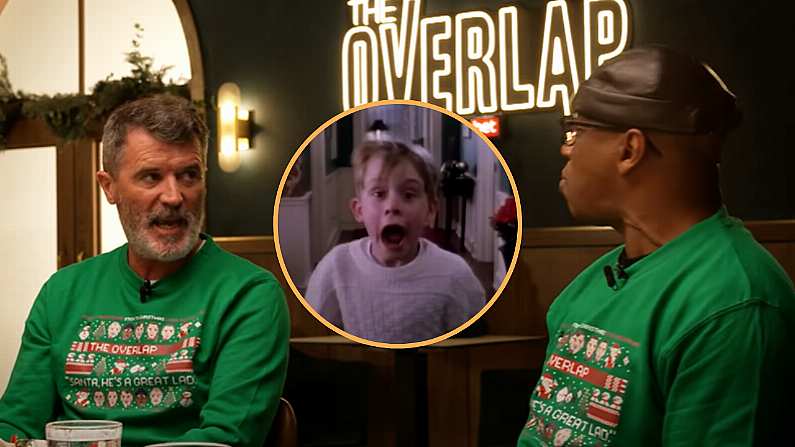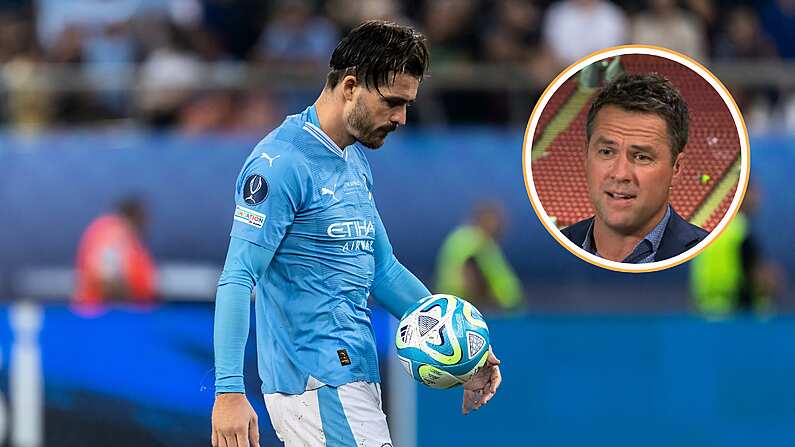It wouldn't have mattered if we lost 10-1. - Neville Southall, 1996.
Is this the lowest moment of my career? I’d have to say yes, to be honest. - Chris Coleman, 2016.
The most remarkable thing about these two quotes is that they come twenty years apart. The Coleman quote came after the last-gasp Euro 2016 defeat to England; an undeniably gut-wrenching way to lose a football match, but not exactly a game laced with humiliation. The Southall quote, by contrast, came after an utterly shameful result in which Coleman played a part, twenty years before he would be at the vanguard of Welsh footballing history.
The result was a 2-1 defeat for Wales to Leyton Orient in a friendly game in May 1996, an alternative to an international friendly ahead of the qualifying campaign for the 1998 World Cup. Orient had just finished 21st in what is now known as League Two; overall they were the 89th-ranked side in the Football League. The Welsh side which contrived to lose the game were not exactly a bunch of also-rans: the side featured Ryan Giggs, Gary Speed, Neville Southall, Dean Saunders and one Chris Coleman, a centre-back who oddly spent the game on the right-wing.
Wales had taken the lead through John Robinson, but Orient equalised before sealing victory ten minutes from time when that multi-club veteran, A Trialist, scored the winner.
Southall gave the post-game interview as manager Bobby Gould had rushed off on full-time to watch his son play at a play-off final at Wembley, and Southall tried his best to stay positive:
Orient were fired up, but so would I be if I were playing against Ryan Giggs.
But we’re quite happy. It wouldn’t have mattered if we’d lost 10-1.
Wales played another club side days later, Cwmbran Town and to their credit, they hammered them 6-1. As a measure of the quality of the opposition, however, consider the identity of the scorer of the sixth Wales' goal: 50-year-old Bobby Gould, who brought himself on for Gary Speed to nod in a Ryan Giggs cross.
While Gould could be satisfied with his day's work, the games marked the nadir of Welsh football, which had spiralled downwards since in the space of a couple of years. A couple of games against stodgy club sides had brought nothing but humiliation and indulgence of the whims of a barmy manager. It was a sign of how far Wales had fallen, and a sign of how bad things would get...
1994 World Cup
Welsh football was in a good place in 1993. It was a team beguiled by the considerable talents of Ian Rush, Ryan Giggs and Mark Hughes, and World Cup qualifier victories against Belgium, Faroe Islands and a draw with the Representation of Czechs and Slovaks saw Wales rise to 24th in the FIFA world rankings, their highest ever. They ultimately failed to qualify from a tough group, finishing with an admirably high points total:
Following this failure to qualify manager Terry Yorath stepped down, and was replaced with John Toshack. Things quickly unravelled.
Euro '96
Toshack lasted just 41 days in the gig: he resigned having been booed off after his first game: a 3-1 defeat to Norway. Mike Smith took the reigns from there, lasting ten games before he was replaced by Bobby Gould in 1995.
Gould had led Wimbledon's perpetrators of psychological warfare Crazy Gang to the FA Cup in 1988, but sadly transferred the crazy to Wales while neglecting to bring the success. Gould's absurd idiosyncracies were evident immediately, as to prepare for a qualifying game against Germany, he scheduled a friendly game. In a move that must have sent Alex Ferguson into a fairly magnificent rage, Ryan Giggs was part of a first-choice Wales team which took on a Wales Press XI 48 hours before the Germany game.
Paul Abbandonato, the head of sport with Wales Online, captained the Welsh press pack:
I presume the players had been told we were the opposition, but as we trudged down towards pitch-side in our kit there was a look of bewilderment from most of them.
Still, one or two saw it as an opportunity for ‘revenge’ for some of the headlines written about them by London tabloid journalists. Right from the kick-off, Dean Saunders went over the top on the man from The Sun, John Richardson.
'Look at this,’ screamed Ricco, as he gazed at the wounds on his shin, ‘You make sure you write about this assault in the Western Mail tomorrow.
The press pack were beaten 3-0, Gould used the opportunity to drop Geraint Williams for Nathan Blake, and Wales performed admirably in a 2-1 defeat to Germany. Wales, however, ultimately finished bottom of a group featuring Albania and Moldova:
Gould dropped Ian Rush, and took a lot of flak from the Welsh media. Gould decided that he should try and incubate his players away from the media pressure, and took the bizarre step of holding a training camp in a prison:
I decided to go and train in a prison. We went to Usk Prison, I thought about the media 'they are making it hard for me, so I will make it hard for them as well.
We had a press conference in the prison, all the players there, all the media there. While some players would find it strange, I hoped there would be a bonding element to it.
It was outside the box thinking. All the Welsh people might think that I was outside the box, but that is me. That is how I live my life.
1998 World Cup
Gould's early reign had shown some reasonably promising results along with those bizarre actions, and results were evidently deemed good enough to allow him continue for the World Cup qualifying campaign of 1998. This proved to be an enormous mistake, as Gould's reign stumbled into chaos. The defeat to Leyton Orient was portentous of further disaster.
Bar two straightforward victories against San Marino, Wales picked up just a further point: a 0-0 draw at home to Turkey. Wales were hammered 7-1 away to Holland:
Euro 2000
The end arrived for Gould in 1999, following a 4-0 defeat to Italy in qualifying for Euro 2000. The previous game against Italy was marred by Gould's sending home of Robbie Savage having seen Savage's act of throwing a replica Paolo Maldini shirt in the bin as disrespectful. This staunch act of discipline lasted a day: Savage was reinstated upon the pleas of his teammates.
After the 4-0 defeat, however, Gould rounded on his players in the dressing room at half-time, calling them "a disgrace", before resigning live on the BBC after the game.
Ryan Giggs recalled in his autobiography that "mentally the players punched the air in delight. Certainly, nobody tried to talk him out of it, he wasn’t a popular man. I get on with most people, and he wasn’t a horrible person, but I never rated him as a manager".
Ultimately Wales failed to qualify once again, finishing second-last:
Gould left Wales 103rd in the FIFA rankings: an astonishing slide of 79 places in five years.
***
As a player, Chris Coleman saw the chaos of Welsh football twenty years ago first-hand. It is a testament to Coleman's attitude and outlook that he sees a last-gasp defeat to England at a major tournament as his lowest point in football, rather than any the risible days of Gould, he is somehow untainted by its chaos under Gould.
Much has been made of the second chance by Wales have given to Coleman. In the future, much will be made of the second chance Coleman has given Wales.



